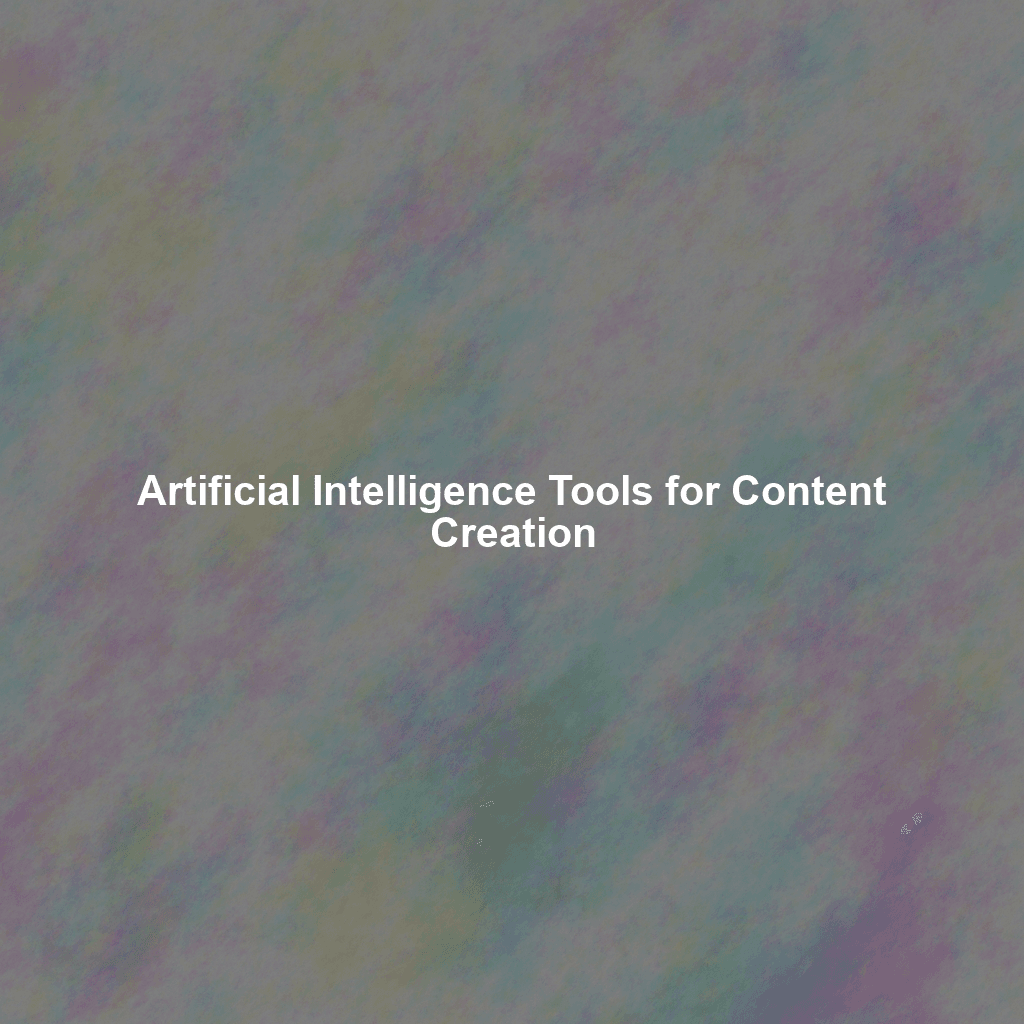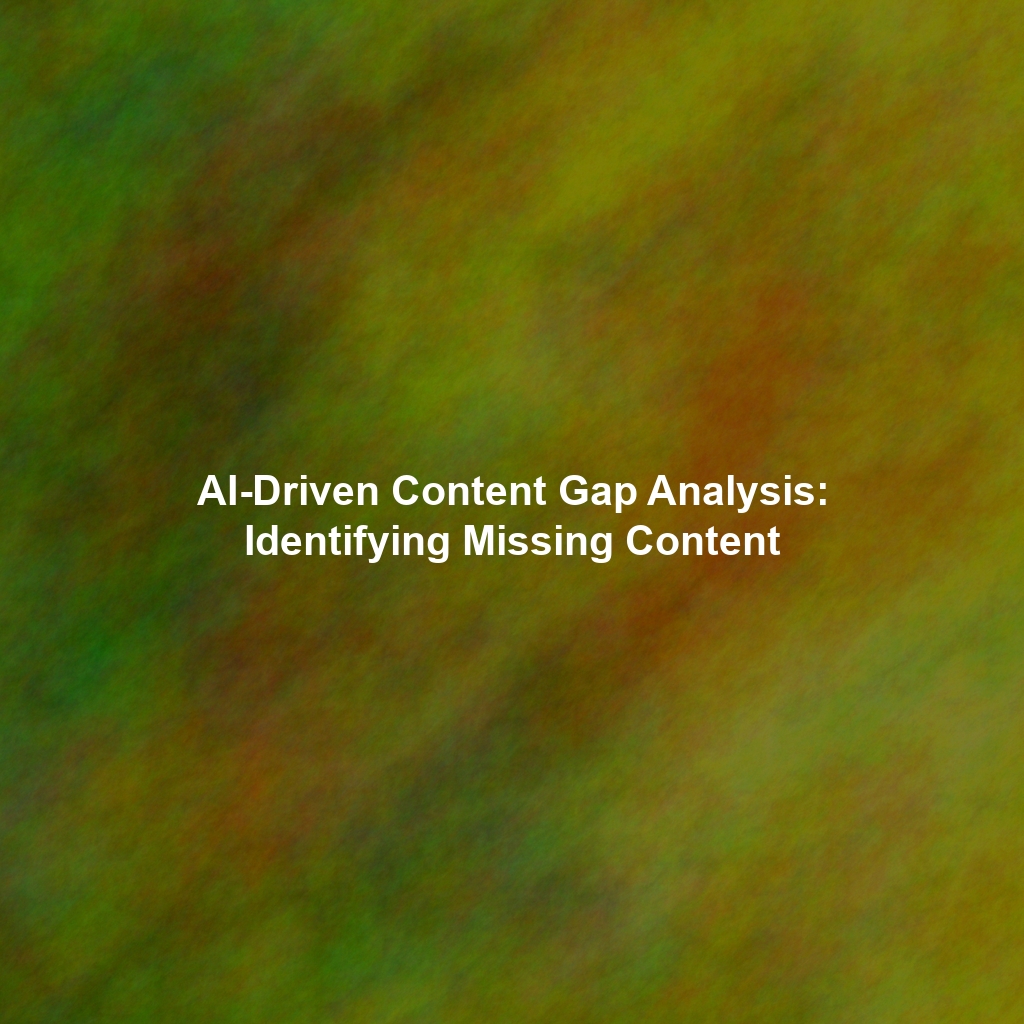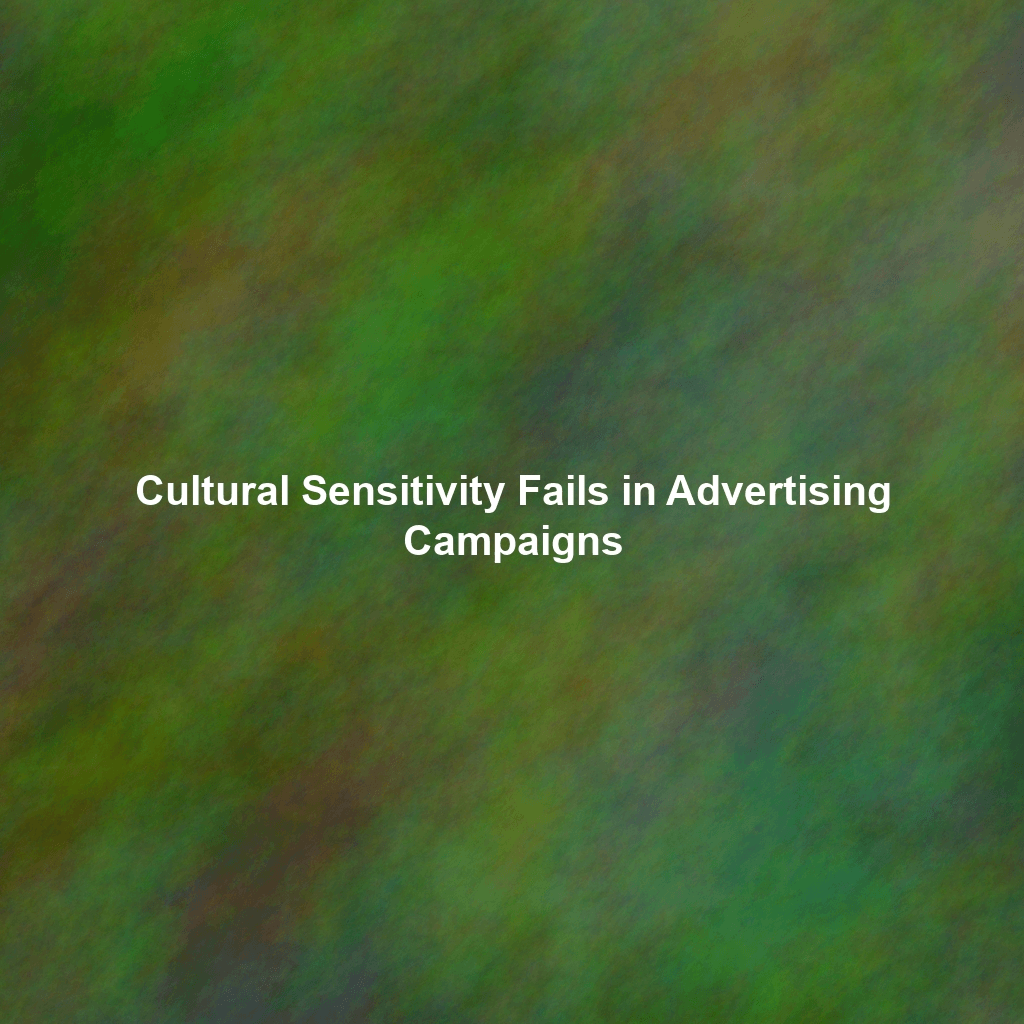The world of content creation is in constant flux. What was once a process relying solely on human ingenuity is now being augmented, and in some cases, transformed, by the rise of artificial intelligence. No longer a futuristic fantasy, AI tools are readily available to assist content creators in a multitude of tasks, from brainstorming ideas to polishing the final draft. This article explores the landscape of AI in content creation, offering a deep dive into the tools available and their potential impact on your workflow. Whether you’re a seasoned content marketer or just starting out, understanding the capabilities of AI is crucial to staying ahead of the curve.
What are AI Content Creation Tools?
AI content creation tools leverage the power of natural language processing (NLP) and machine learning (ML) to automate or assist in various stages of content production. They can generate text, rewrite existing content, suggest relevant topics, optimize for search engines, and even create different content formats like social media posts or email subject lines.
At their core, these tools are trained on massive datasets of text and code, enabling them to understand and mimic human writing styles, identify patterns, and generate coherent and relevant content. The sophistication of these tools varies, with some focusing on specific tasks like grammar checking and others offering a more comprehensive suite of features.
The Advantages of Using AI for Content Creation
Integrating AI into your content creation workflow offers several compelling benefits:
Enhanced Efficiency and Speed
AI tools can significantly reduce the time it takes to produce content. They can automate repetitive tasks like research, outlining, and drafting, freeing up your time to focus on more strategic and creative aspects of content creation. Need a blog post outline in minutes? AI can do that.
Improved Content Quality
AI-powered grammar and spell checkers go beyond basic proofreading, identifying subtle errors in style, tone, and clarity. AI can also analyze your content for readability and suggest improvements to make it more accessible to your target audience. Moreover, they can help you write more compelling titles, descriptions, and introductions.
Scalability and Consistency
AI tools allow you to scale your content production efforts without sacrificing quality. Whether you need to create a dozen social media posts or a series of blog articles, AI can help you maintain a consistent brand voice and style across all your content. This is particularly valuable for large organizations with multiple content creators.
Data-Driven Insights and Optimization
AI-powered content analysis tools can provide valuable insights into how your content is performing. They can identify keywords that are driving traffic, analyze user engagement metrics, and suggest improvements to optimize your content for search engines and social media platforms. This data-driven approach allows you to refine your content strategy and maximize its impact.
Overcoming Writer’s Block
Staring at a blank page can be daunting. AI tools can help you overcome writer’s block by generating topic ideas, providing inspiration, and even drafting initial content. This can jumpstart your creative process and help you get your thoughts flowing.
Exploring the Different Types of AI Content Creation Tools
The landscape of AI content creation tools is diverse and constantly evolving. Here’s a breakdown of some of the most common types:
AI Writing Assistants
These tools focus on helping you write better content. They offer features like grammar and spell checking, style suggestions, tone analysis, and plagiarism detection. Some examples include Grammarly, ProWritingAid, and Hemingway Editor. They help refine existing text and ensure quality.
AI Content Generators
These tools can generate original content from scratch based on your input. You typically provide a topic, keywords, and a desired tone, and the AI will generate a draft article, blog post, or social media update. Jasper (formerly Jarvis), Rytr, and Copy.ai are popular examples. These can be useful for quickly creating initial drafts or generating ideas.
AI SEO Optimizers
These tools help you optimize your content for search engines. They analyze your content for keyword density, readability, and other factors that influence search engine rankings. Surfer SEO, Semrush, and Clearscope are examples of these tools. They offer invaluable help making content more discoverable.
AI Social Media Tools
These tools are specifically designed to help you create and manage social media content. They can generate captions, suggest relevant hashtags, schedule posts, and analyze social media performance. Buffer, Hootsuite, and Sprout Social (which are not solely AI tools but incorporate AI features) are used to manage and enhance social media presence.
AI Video and Audio Generators
While this article primarily focuses on text-based content, it’s worth noting that AI is also making strides in video and audio creation. Tools like Synthesia can generate videos from text, and Descript can transcribe and edit audio files. These tools are expanding rapidly, offering exciting new possibilities for content creators.
AI Image Generators
These tools, like DALL-E 2, Midjourney, and Stable Diffusion, can generate images from text prompts. While not directly related to writing, they can be invaluable for creating visuals to accompany your content, enhancing its appeal and engagement.
AI-Powered Research Tools
These tools help you conduct research more efficiently by summarizing articles, identifying key insights, and finding relevant sources. They can save you valuable time and effort when researching a topic for your content.
Selecting the Right AI Content Creation Tools for Your Needs
With so many AI tools available, choosing the right ones for your specific needs can be a challenge. Consider the following factors when making your decision:
Your Content Creation Goals
What are you hoping to achieve with AI? Are you looking to improve your writing quality, speed up your content creation process, or optimize your content for search engines? Identifying your goals will help you narrow down your options.
Your Budget
AI content creation tools range in price from free to hundreds of dollars per month. Consider your budget and choose tools that offer the features you need at a price you can afford. Many offer free trials or free versions with limited functionality.
Your Technical Skills
Some AI tools are more user-friendly than others. If you’re not comfortable with technology, choose tools that are easy to learn and use. Look for tools with intuitive interfaces and helpful documentation.
The Specific Content You Create
Different AI tools are better suited for different types of content. For example, if you primarily create blog posts, you’ll want to choose tools that are specifically designed for blog writing. If you focus on social media, you’ll want to prioritize social media-specific AI solutions.
Trial and Error
The best way to find the right AI tools for you is to try them out. Take advantage of free trials and free versions to experiment with different tools and see which ones work best for your workflow.
Addressing the Limitations and Challenges of AI Content Creation
While AI offers significant benefits for content creation, it’s important to be aware of its limitations and potential challenges:
Lack of Originality and Creativity
AI-generated content can sometimes lack originality and creativity. While AI can mimic human writing styles, it may struggle to generate truly innovative or insightful content. Therefore, it’s crucial to use AI as a tool to augment your own creativity, rather than relying on it to do all the work.
Potential for Plagiarism
Although most AI tools have plagiarism detection features, there’s still a risk of generating content that inadvertently infringes on copyright. Always double-check AI-generated content for plagiarism before publishing it. Use plagiarism checkers (AI and non-AI) to be certain.
Bias and Accuracy
AI models are trained on vast datasets, and if those datasets contain biases, the AI may perpetuate those biases in its output. It’s also important to verify the accuracy of AI-generated content, as AI models can sometimes make mistakes or generate inaccurate information. Fact-checking remains paramount.
Over-Reliance on AI
It’s important to avoid becoming overly reliant on AI. While AI can be a valuable tool, it shouldn’t replace human creativity and judgment. Always use AI as a supplement to your own skills and experience.
Ethical Considerations
The use of AI in content creation raises several ethical considerations, such as transparency, accountability, and the potential for job displacement. As AI technology continues to evolve, it’s important to have open and honest conversations about these issues.
Best Practices for Using AI in Content Creation
To maximize the benefits of AI and minimize its potential drawbacks, follow these best practices:
Use AI as a Tool, Not a Replacement
Think of AI as a helpful assistant, not a replacement for your own creativity and skills. Use it to augment your workflow, rather than relying on it to do all the work.
Provide Clear and Specific Instructions
The better you define your needs and provide specific instructions to the AI, the better the results you’ll get. Be clear about the topic, keywords, tone, and desired output format.
Edit and Revise AI-Generated Content
Always carefully edit and revise AI-generated content before publishing it. Check for accuracy, originality, clarity, and tone. Add your own unique voice and perspective.
Use AI to Enhance Your Creativity
Don’t let AI stifle your creativity. Instead, use it to spark new ideas, explore different perspectives, and experiment with different writing styles.
Stay Informed About the Latest Developments
The field of AI is constantly evolving. Stay informed about the latest developments in AI content creation tools and techniques so you can continue to improve your workflow and achieve better results.
The Future of AI in Content Creation
AI’s role in content creation is only going to grow. We can expect to see even more sophisticated AI tools that can generate more creative, engaging, and personalized content. AI will likely play a key role in content personalization, creating tailored experiences for individual users. As AI models become more sophisticated, they will be able to understand and respond to user intent with greater accuracy, leading to more relevant and effective content. This means AI will become even more integral to successful content marketing strategies.
Embracing the AI Revolution in Content Creation
AI content creation tools offer a powerful way to enhance your content marketing efforts. By understanding the capabilities and limitations of these tools, and by following best practices, you can leverage AI to create better content, faster, and more efficiently. As AI continues to evolve, staying informed and adapting to new technologies will be crucial for content creators who want to stay ahead of the curve. Embrace the AI revolution, and unlock your content’s full potential.
 Skip to content
Skip to content

